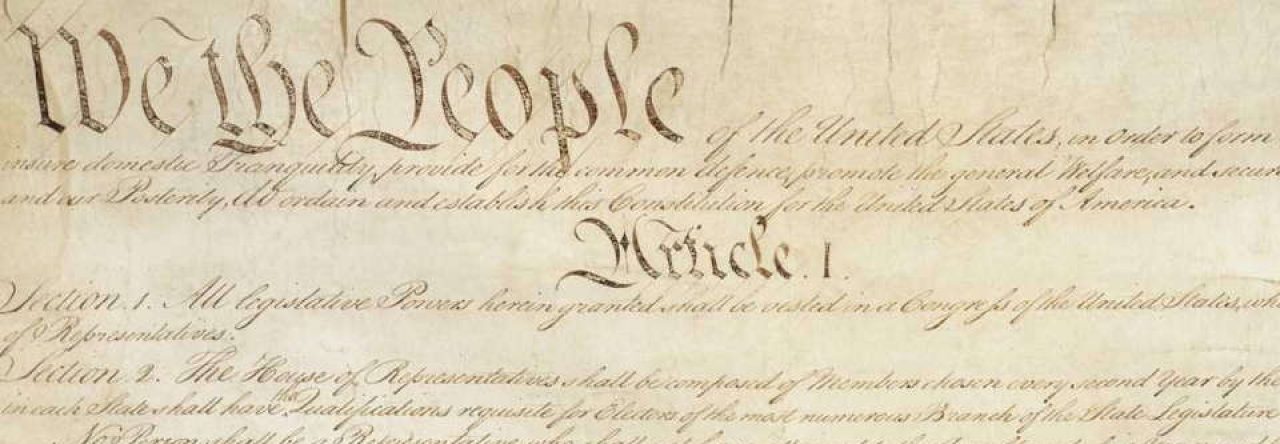Claim: Erroneous acquittals in cases involving the insanity plea are especially common.
A frequent object to the insanity defense is that it produces an alarming number of incorrect verdicts. The apprehension about the validity of insanity verdicts arises from the fact that “the insanity defense tests ask indeterminate questions” (Morse 1985). The insanity defense often requires jurors to make difficult value judgements. Questions such as the extent to which an individual possesses knowledge about right versus wrong and the extent to which an individual is able to conform behavior to the law are difficult to answer.
Response: No evidence indicates that the frequency of incorrect verdicts is higher in this type of defense than in similar cases (Grachek 2006).
it is important to consider that “the ultimate value judgements that the insanity defense requires are no more intractable or unreliable than many other value judgements that the criminal law asks finders of facts to make” (Bonnie 2013). For example, individuals frequently employ self-defense as a legal defense. In this situation, it is also difficult to definitively ascertain whether an individual was actually acting out of self-defense or mal intent. Yet, there is no movement to eliminate self-defense from the law. Just like claims of self-defense, pleas of insanity require the jury to make indeterminate evaluations that have the potential to be objectively wrong. This danger exists in all cases requiring difficult judgments. Even though the verdicts of insanity cases are more highly contested, no evidence indicates that the frequency of incorrect verdicts is higher in this type of defense than in similar cases.
